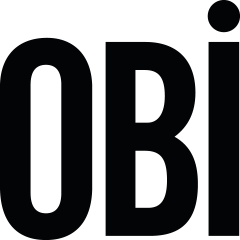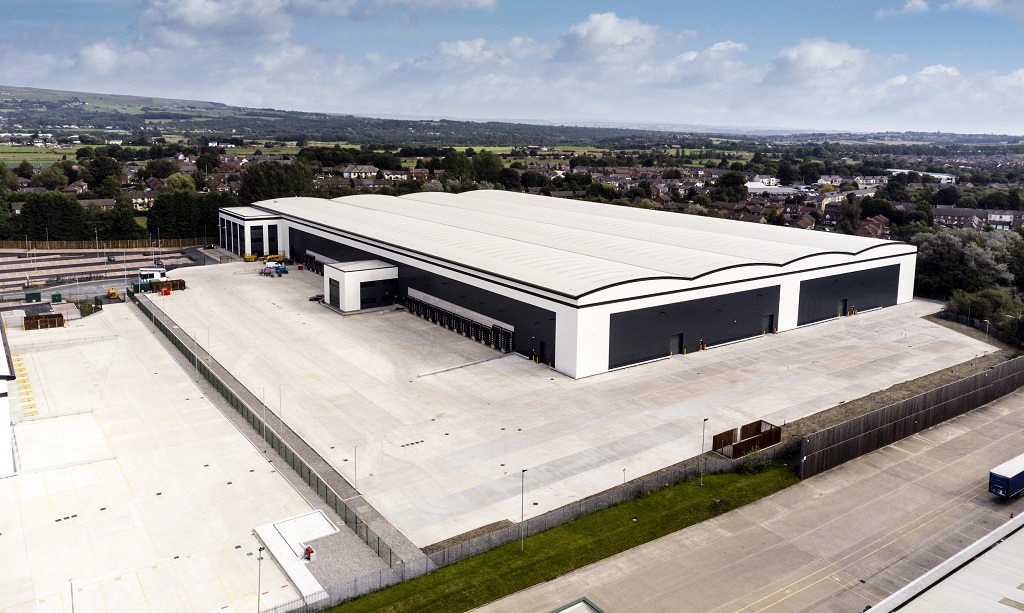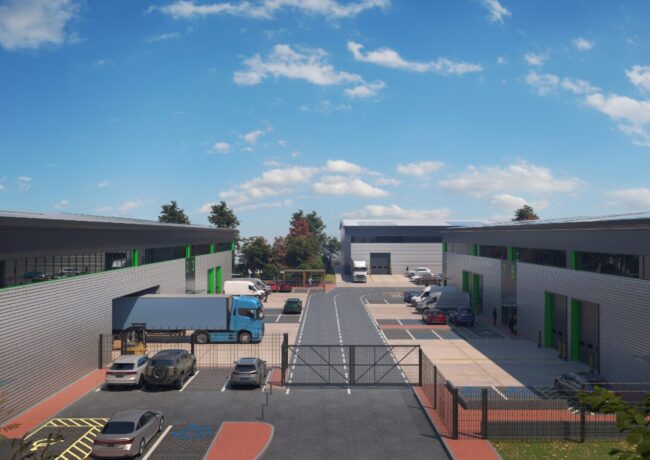Commentary
COMMENT | The workplace of the future is taking shape
 The workplace was evolving at pace even before Covid-19, and over the past few months we have seen the business world accelerate adoption of new ways of working that were already in motion, write Jordana Anderson and Kate Jackson of OBI.
The workplace was evolving at pace even before Covid-19, and over the past few months we have seen the business world accelerate adoption of new ways of working that were already in motion, write Jordana Anderson and Kate Jackson of OBI.
Businesses are already working smarter, more efficiently and have adapted to the emerging blended way of working.
To better understand how executives are thinking about changes that may occur in the workplace, we created a questionnaire exploring the future of the workplace, which was distributed to an extensive occupier client base with workplaces in the Manchester region.
The aim of this research was to gain a better understanding of the market and visualise what the future of the workplace could look like in the medium to long term.
The findings highlight:
- the importance of collaboration and human interaction within the workplace
- a desire for flexible working both in the office and remotely
- the profound significance the workplace has on mental wellbeing
- an aspiration for more amenity areas in buildings, with lower desk densities throughout
The impact on wellbeing and culture
Wellbeing in the workplace is one of the strongest trends throughout the survey, from workplace design to workplace interaction. Results firmly suggest that the future of the workplace will focus on enriching employee wellbeing by design, balancing the need for compelling spaces with the need for safety.
Businesses would like to see certain elements of home working being incorporated into the design of the workplace to create a softer, more informal environment with numerous ‘downtime’ areas being integrated into the building, offering employees a space for reflection, socialisation and collaboration. All businesses questioned stated social interaction and collaboration were the main elements they missed the most about the workplace.
33% of businesses who participated in the questionnaire had already conducted an internal survey to explore their employees’ ideal workplace and found the three most common findings were hygiene, flexibility, and the desire for a greener, more creative workplace environment.
Improving facilities to encourage a healthier lifestyle both physically and mentally is a number one priority for business to enhance wellbeing within the workplace, with results showing that showers, bike storage and changing facilities are the three most valued communal facilities provided by a landlord within the workplace.
‘Flexibility’ – a new buzzword
Our survey found that 95% of businesses are choosing to be more flexible in their work offering to employees, enabling staff to have the choice to work either in the office or remotely during the working week. Interestingly, only 5% of the businesses questioned were adopting a full-time remote working policy following the Covid-19 pandemic, which indicates that the physical workplace is still a necessity for the majority of businesses.
Only 15% of businesses surveyed offered a remote working policy prior to Covid-19, compared to 93% agreeing that they will adopt a remote working policy in future.
Although our survey suggests that there will be an increase in flexible or agile working spaces in future, 53% of respondents said they believe their office footprint will either remain the same or increase in future. This suggests that businesses will give their employees more space.
The rise and rise of workplace tech
As Scott Steinberg, chief executive of business software platform, has declared: “Technology is going to underpin the working world,” – and our survey findings suggest no different.
Technology has been prevalent in the global response to the Covid-19 crisis, and in the post-pandemic world we will depend on technology more than ever. We will be presented with new vulnerabilities as we start to rely on technology, and cybersecurity will be a matter of increased importance.
Due to the increasing desire for remote working, businesses will start to place more importance on the need for seamless technology and improved IT infrastructure to cope with the demands for remote and office working. Enhanced video conference facilities, improved VPN structures and mobile technology, along with the incorporation of smart technology in the workplace, are among the most desired changes businesses are implementing to enhance productivity in the new working world.
Since the outbreak of the pandemic, many organisations have fast-forwarded into the future of the workplace and organisations are rethinking their real estate strategies. Businesses that have taken immediate knee-jerk reactions over the past few months face the risk of longer term problems in their businesses.
Our survey has proven that this pandemic has accelerated workplace trends that were already in motion. The workplace is certainly not dead but is instead taking a radical step forward to create a safe, productive and enjoyable work environment. The reshaped workplace of the future will, at its core, be more networked, more developed, more mobile, and more fluid.
-
Jordana Anderson works in transactions and asset management and Kate Jackson works in workplace consultancy at property agency OBI




